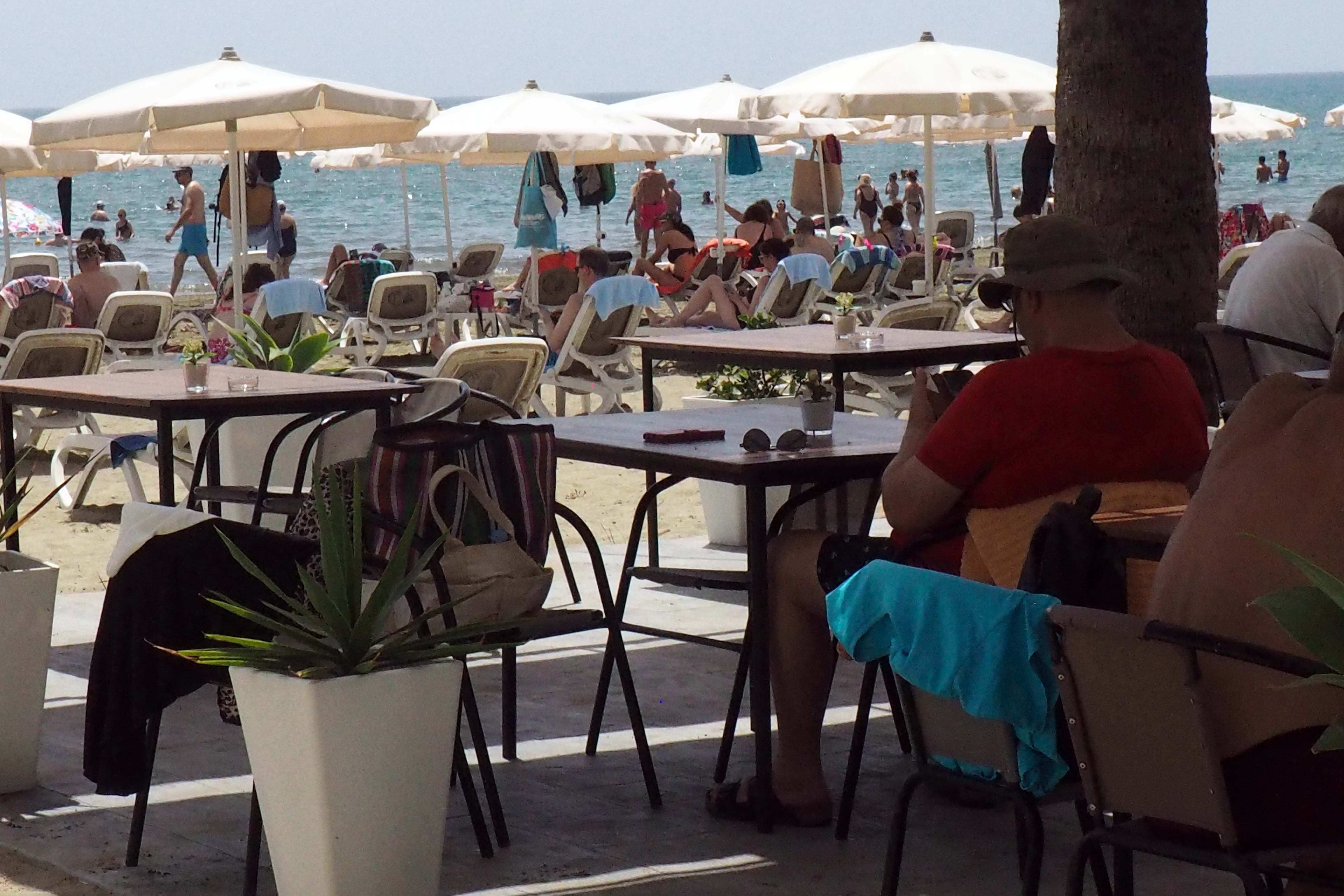Cyprus must act now to tackle extreme heat, water stress

By Costa Constanti
The Cypriot sea temperature has just broken the 30°C barrier – and it’s only mid-July! Most years the sea temperature rises to 27-28°C by mid-August and tapers off in mid-September. The relentless heatwave we’ve been experiencing this year in the Eastern Mediterranean is a stark warning of things to come. Less than a decade ago the climate change scientific experts at The Cyprus Institute’s EMME – CARE warned us we would soon mimic the incredibly harsh weather patterns of the Gulf States according to their forecasts.
This unfortunate ‘prophecy’ has already come true this year with brutal heatwaves of 40-45°C almost daily since the beginning of June and 30-36°C since April! The temperature abnormalities have been increasing steadily annually according to confirmed data for many years, worryingly in an upwards direction. Kuwait and her neighbours in the Gulf are currently suffering a heatwave of 50-55°C. The forecast now is that within a decade we will be experiencing this too in Cyprus. Are we ready to tackle this? No, not right now.
Coupled with decreasing rainfall and water reserves dipping to frighteningly low levels, Cyprus was recently identified in a report by the World Resources Institute as one of the top six water stressed nations globally. Meanwhile the population is growing and water consuming tourist numbers are at record highs.
So, what are we doing about it? Further to protecting established trees and planting more in both our urban and rural environments to help cool the island, we should be installing pronto solar panels on all our traditionally flat roofs to take advantage of the constant sunshine Cyprus is so famous for. The renewable energy from the sun can efficiently and cheaply power our homes, businesses, public buildings and industries.
Most importantly solar energy can help run our desperately needed air-conditioners, saving us a small fortune on our power bills.
To protect our water resources, we should focus on lowering tourist numbers and instead target higher per capita spending visitors instead. We need to operate our desalination plants with solar energy to reduce costs and increase efficiency.
Introducing effective education campaigns to stop water wastage is well overdue. Preparing the next generation for the new realities is critical. They need to be armed with the tools to survive and thrive.
Water restrictions need to be introduced across the year to protect our rare sources, including during the cooler months in anticipation for the long summer. Following this week’s torrential downpours in Nicosia, I was reminded that we should all have rainwater collection tanks to capture these rare gifts from Mother Nature to use for residential garden irrigation and outdoor cleaning etc. ‘Grey water’ from our kitchens and laundries should also be collected for this.
All this may sound logical and obvious, but we see little being done officially by the state to battle these issues. Even climate change skeptics cannot deny that Cyprus is a hot island which experiences minimal rainfall, is water stressed, is suffering desertification and does not have limitless resources – apart from the sun.
Costa Constanti is a political and social analyst and consultant at www.CONSTANTi.org
